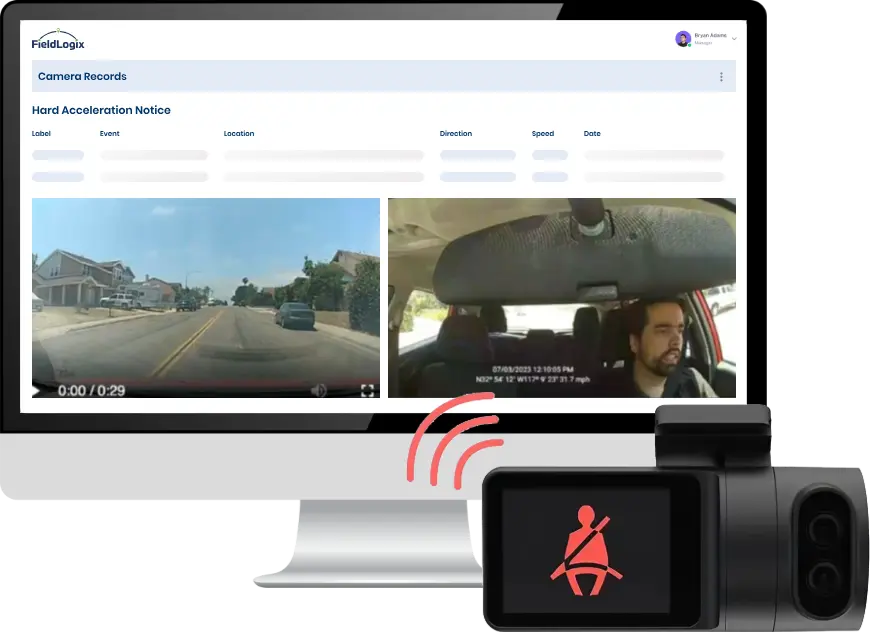New Satellite Technology Allows Planes To Fly Over Polar Regions
A new satellite communication for oceanic flights has been approved by the U.S. Federal Aviation Administration (FAA). Now airlines can use the satellite communication to fly through the Polar Regions instead of around them, while still maintaining communication with air traffic control.
Until now, airlines had no way of communicating in the Polar Region besides using a High Frequency (HF) radio, which is so unreliable that airlines decided not to use it because it was too dangerous. Now, being able to fly over the poles, airlines can save time and money. Plus they will produce less pollution.
According to Damien McCormack, director of Aircraft Solutions at SITA, flying over the poles can save approximately 30 minutes to an hour in flight time, depending on the size of the aircraft, flight route and exactly what points over the Poles the plane is flying.
McCormack also said that by saving one hour on an airbus 330, which can accommodate up to 335 passengers, it can account to a savings of 5.5 tons of fuel, which equates to 17 tons of C02 emissions. With a Boeing 747, which can accommodate between 416-524 passengers, saving one hour of flying time would account to saving 10 tons of fuel, which equates to 35 tons of C02 emissions.









